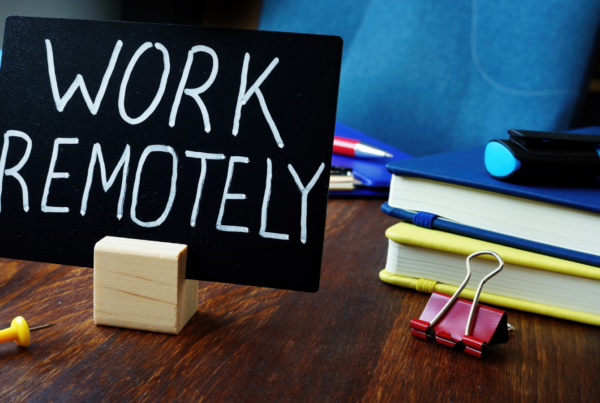The best way to learn from your mistakes is to keep track of them.
Then analyze what went wrong so you can improve your process. Or as the sage advice goes, “You can’t manage what you don’t measure.”
And yet, as professional advice givers, most lawyers don’t keep track of the consequences of their advice. Which is not a good recipe for improvement.
It’s like if you were a poker player who never kept track of your betting decisions. How well would you learn if you never kept track of how your decisions panned out?
Obviously, you’d have a hard time improving.
Annie Duke has a PhD in cognitive psychology, and she’s also a winner of the World Series of Poker. She knows a lot about how you can optimize your decision-making.
She believes that the best way to improve is to bet on your decisions with actual money.
This is how you make your decisions more consequential. And you improve them over time.
It’s important to develop clear awareness, not just about what you believe will happen from making a particular decision, but also create trackable data to measure how strongly you believe in every decision.
That’s what a bet is.
Most people either don’t back their decisions with bets, or they don’t keep track of the results of their bets. Professional poker players always keep track —meticulously and constantly.
That’s how poker players improve their decision-making. They make their decisions consequential, and then keep track of the consequences.
Lawyers generally give “inconsequential” advice.
That is, the lawyers don’t suffer direct consequences of their advice (i.e. their decisions).
If their advice turns out to be bad the clients pay the monetary judgments, or do the jail time.
Most lawyers bill for their time and suffer no consequences for being inefficient.
That’s why the billable hour model is convenient for lawyers. It’s easy to manage, and there’s little need to measure efficiency. No harsh consequences.
But the learning process with using the billable hour model is not great, to put it mildly.
Flat fee billing on the other hand is quite hard, especially for lawyers trying to do it for the first time.
Doing flat fee billing well requires a higher level of practice management than the billable hour model demands.
Remember, you can’t manage what you don’t measure.
If you want to improve your decision-making I highly recommend Annie Duke’s first book: Thinking In Bets.
Her more recent one, How to Decide, is also worth checking out.
Technology creates massive leverage when you use it selectively. This short Assessment will help you discover which tools you should be using to make massive improvements.









